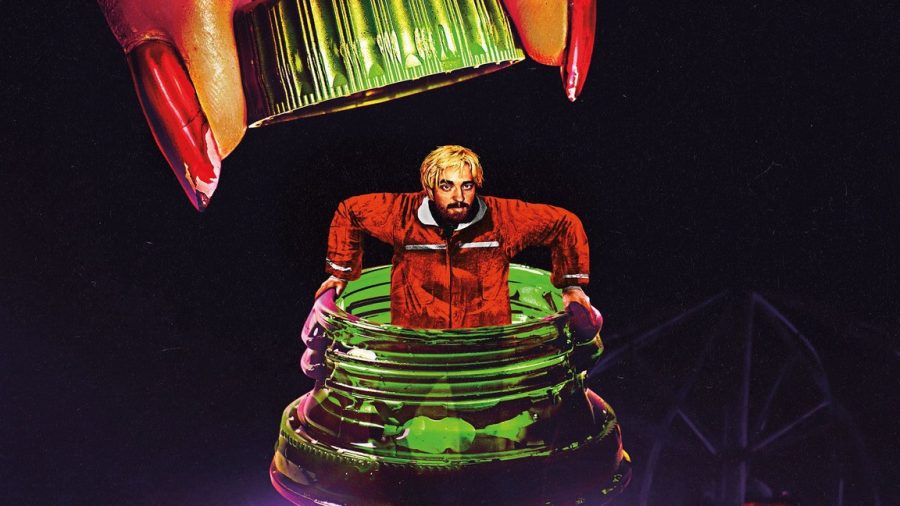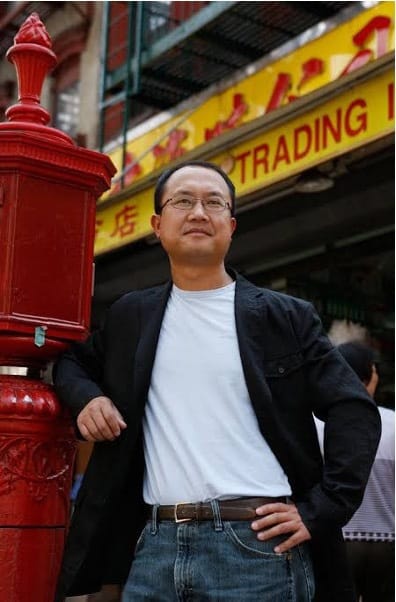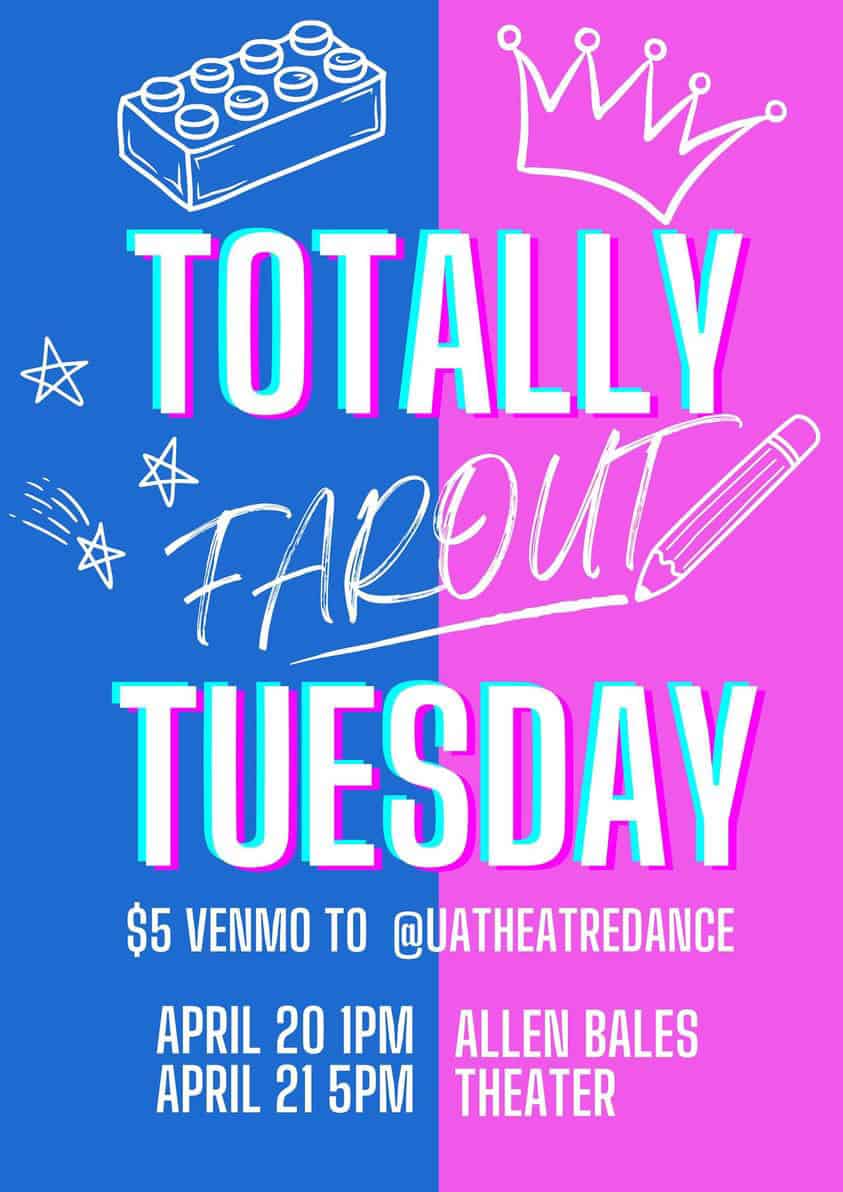If one were to take a look at the budgets of the most popular films of the past few years, one would find digits – lots and lots of digits. These high-digit budgets are given to numerous franchise movies by studios like Disney, Sony, Warner Brothers, etc., and as these studios continue to throw hundreds of millions of dollars at the wall to see what sticks, it seems like original independent film is losing its place in the market.
This isn’t to say that big budget blockbusters don’t have their place in the market. People love movies like “Star Wars” and “The Avengers,” but a strained film economy has led those films to be viewed by studios as blueprints to the quick dollar. The only problem is that not every studio puts the time and effort behind their $200 million franchise tentpoles that Disney does with “Star Wars,” and they oftentimes end up with critically and financially dismal efforts like the “The Mummy” reboot with Tom Cruise. When films like “The Mummy” make it harder for lower-budget original films to be made, it becomes a problem for the market and the future of film.
A similar problem arose in the ’80s, except instead of superheroes, it was machismo-infused action flicks starring the likes of Bruce Willis, Arnold Schwarzenegger, Sly Stallone and pretty much anyone else who is in “The Expendables.” Indie film was hard to make because it wasn’t seen as profitable until Bob and Harvey Weinstein put their money behind films like “Sex, Lies, and Videotape” and “Pulp Fiction” which were smash hit indie films. Led by Miramax (Bob and Harvey’s company), indie film was made popular and a surge of new and original directors like Tarantino, Soderbergh, and Spike Lee made their mark in the ’90s. Now reboots, sequels, and prequels of popular franchises are the machismo movies oversaturating the market and A24, an independent entertainment company, is the Miramax that the contemporary film industry needs to make indies cool again.
A24 is what’s called a distributor. In a nutshell, they purchase the rights to independent films. Then they market them and distribute them to theaters. They are the people who give these films the exposure they need to be successful. A lot of distributors will put their power behind any film that they see as having potential for success. A24 certainly also gauges the potential of the films they choose to distribute, but their output since their founding in 2011 says loud and clear that they are committed to distributing independent films that are unique in form and subject matter, and that is what sets them apart.
A24’s first film, “Spring Breakers” is an off-kilter low budget film from the mind of the famously unique director, Harmony Korine. “Spring Breakers” isn’t widely appreciated by audiences or critics, but it is almost universally recognized as a film that broke rules and was different. Films like “Spring Breakers” are the key to A24’s film formula. Five years later, A24 is consistently firing off some of the most unique and creative films out in the market today such as “The Lobster,” “Moonlight,” “A Ghost Story” and “Good Time.” The financial risk that they are willing to take by distributing these films turned into a staple of their output which has made them an industry powerhouse.
Josh and Benny Safdie’s film “Good Time” is about a tweaker who takes his mentally challenged brother on a bank robbery and then has to try and free him from Rikers Island. The film is mostly original in concept and wholly original in form. It is almost exclusively shot in close ups of characters who are bathed in the neon light of night time New York City. The way the film and narrative is presented is so unique and fresh that most studios wouldn’t touch it due to the risk involved, but A24 put their support behind it and it opened to acclaim at Cannes Film Festival and is already considered by many to be one of the best films of 2017.
A similar situation happened last year with director Barry Jenkins’ “Moonlight.” “Moonlight” is a narrative about the evolving sexuality of a young African-American boy in urban Miami. Like “Good Time,” “Moonlight” is shot and presented in such a way that challenges filmmaking conventions. These factors would make “Moonlight” non-marketable in a traditional sense, but A24 supported Jenkins’ filmmaking vision to the end and it led to a successful worldwide box office run and the Academy Award for Best Picture.
A24 is taking advantage of the market oversaturation of safe big-budget reboots and remakes and building their own brand on the opposite of that—risky original stories made for low budgets by creative rule-breakers. They are the rebels of the corporate film industry and like Miramax in the ’90s, they are making indie cool again. For these reasons, the mere logo or mention of A24 is bound to make a film major swoon. Their brand is non-convention, so it will always have the ability to evolve and that type of attitude is what will save the industry.







